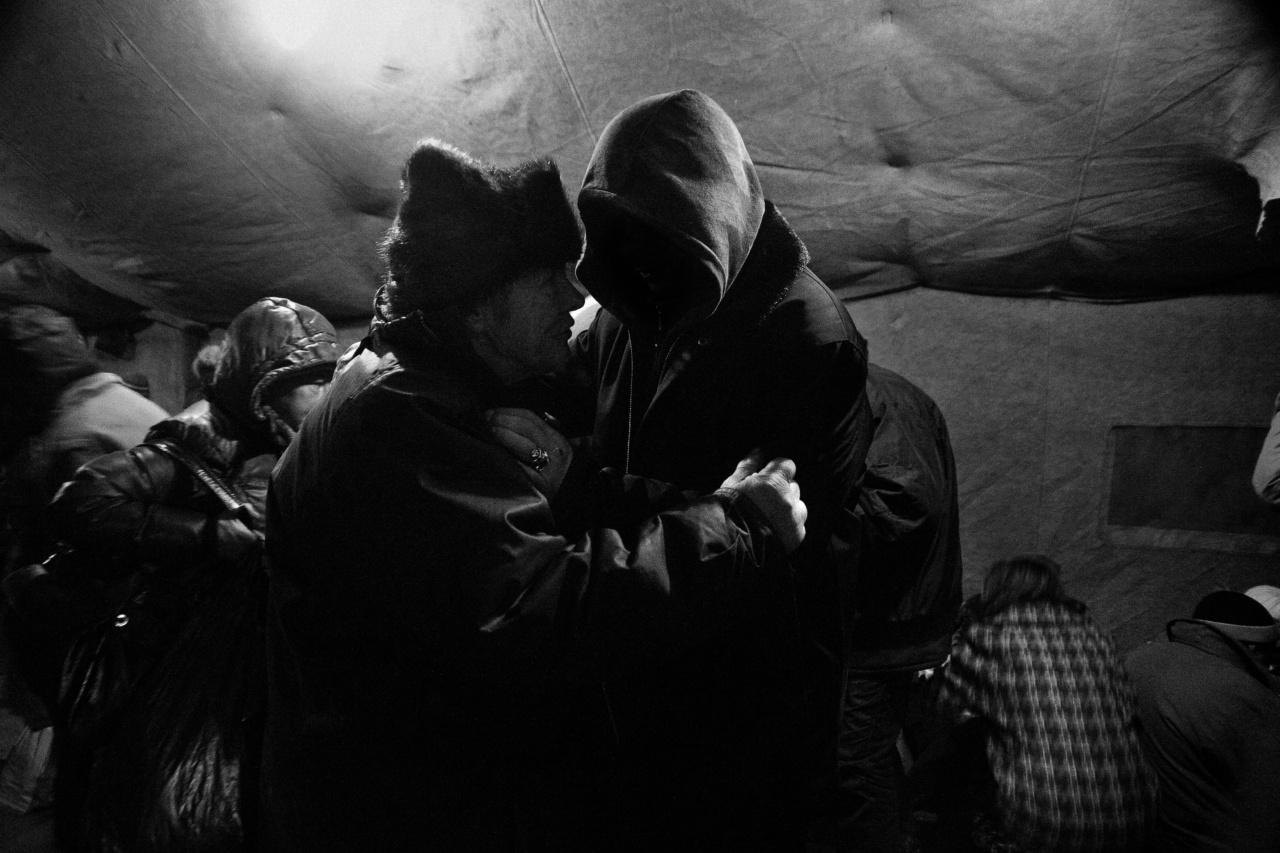Depression is a common mental health condition that affects millions of people worldwide.
While most of us are familiar with the typical symptoms of depression, such as persistent sadness, loss of interest in activities, and changes in sleep and appetite, there are some lesser-known signs that may indicate the presence of this illness. It’s important to be aware of these surprising symptoms as they can often go unnoticed and undiagnosed, resulting in prolonged suffering for those affected.
1. Physical pain
One surprising symptom of depression is unexplained physical pain. Many individuals who experience depression often complain of headaches, backaches, muscle aches, and stomachaches without any obvious medical cause.
The link between depression and pain is still being studied, but it is believed that changes in brain chemistry and the body’s stress response system play a role in these physical symptoms.
2. Fatigue and lack of energy
Feeling constantly tired and lacking energy is another symptom that is frequently overlooked. People with depression often struggle with extreme fatigue, making even simple tasks feel overwhelming and exhausting.
This persistent feeling of being worn out can significantly impact daily functioning and quality of life.
3. Irritability and anger
While depression is commonly associated with sadness, it can also manifest as irritability and anger. Many individuals with depression find themselves easily agitated, quick-tempered, and prone to angry outbursts.
These emotional changes can strain relationships and may be mistaken for personality traits rather than a symptom of an underlying mental health condition.
4. Changes in appetite and weight
Depression can have a significant effect on a person’s appetite and weight. While some individuals may experience a decreased appetite and subsequent weight loss, others may turn to food for comfort and experience increased hunger and weight gain.
These changes in eating habits can be subtle or dramatic, often resulting in guilt and further exacerbating the depressive symptoms.
5. Difficulty concentrating and making decisions
Depression can impair cognitive function, leading to difficulty concentrating, making decisions, and remembering things.
This symptom is often mistaken for simple forgetfulness or absent-mindedness, but it can be a significant challenge for individuals with depression. Consequently, it can affect work or academic performance and further contribute to feelings of low self-esteem and worthlessness.
6. Loss of interest in sex
Sexual desire and intimacy can be greatly affected by depression. Many individuals with this condition experience a loss of interest in sex, known as hypoactive sexual desire disorder.
The combination of emotional and physical symptoms of depression can make it difficult to engage in and enjoy sexual activities, leading to strain in relationships and further decreasing self-esteem.
7. Social withdrawal
Depression often leads individuals to withdraw from social interactions and isolate themselves from family and friends.
Feelings of guilt, shame, and sadness can make it challenging to engage in social activities, and the effort required to maintain relationships may seem overwhelming. This isolation can worsen the symptoms of depression and make it harder to seek help.
8. Increased sensitivity to rejection
Depression can heighten sensitivity to rejection and criticism, making even minor setbacks and perceived social slights feel unbearable.
This can lead to a fear of rejection, which may cause individuals to avoid situations where they might be judged or criticized. The fear of rejection further isolates them and can perpetuate a negative cycle of depressive thoughts and behaviors.
9. Physical restlessness or slowed movements
Some individuals with depression may experience physical restlessness, known as psychomotor agitation. This can manifest as fidgeting, pacing, or an inability to sit still.
On the other hand, depression can also lead to psychomotor retardation, where individuals experience slowed movements, making even simple tasks feel burdensome and time-consuming.
10. Suicidal thoughts
One of the most critical and alarming symptoms of depression is the presence of suicidal thoughts. Depression can lead to overwhelming feelings of hopelessness, sadness, and despair, which may even result in thoughts of self-harm or suicide.
It is crucial to take any mention of suicide seriously and seek immediate help from a mental health professional or hotline.




























